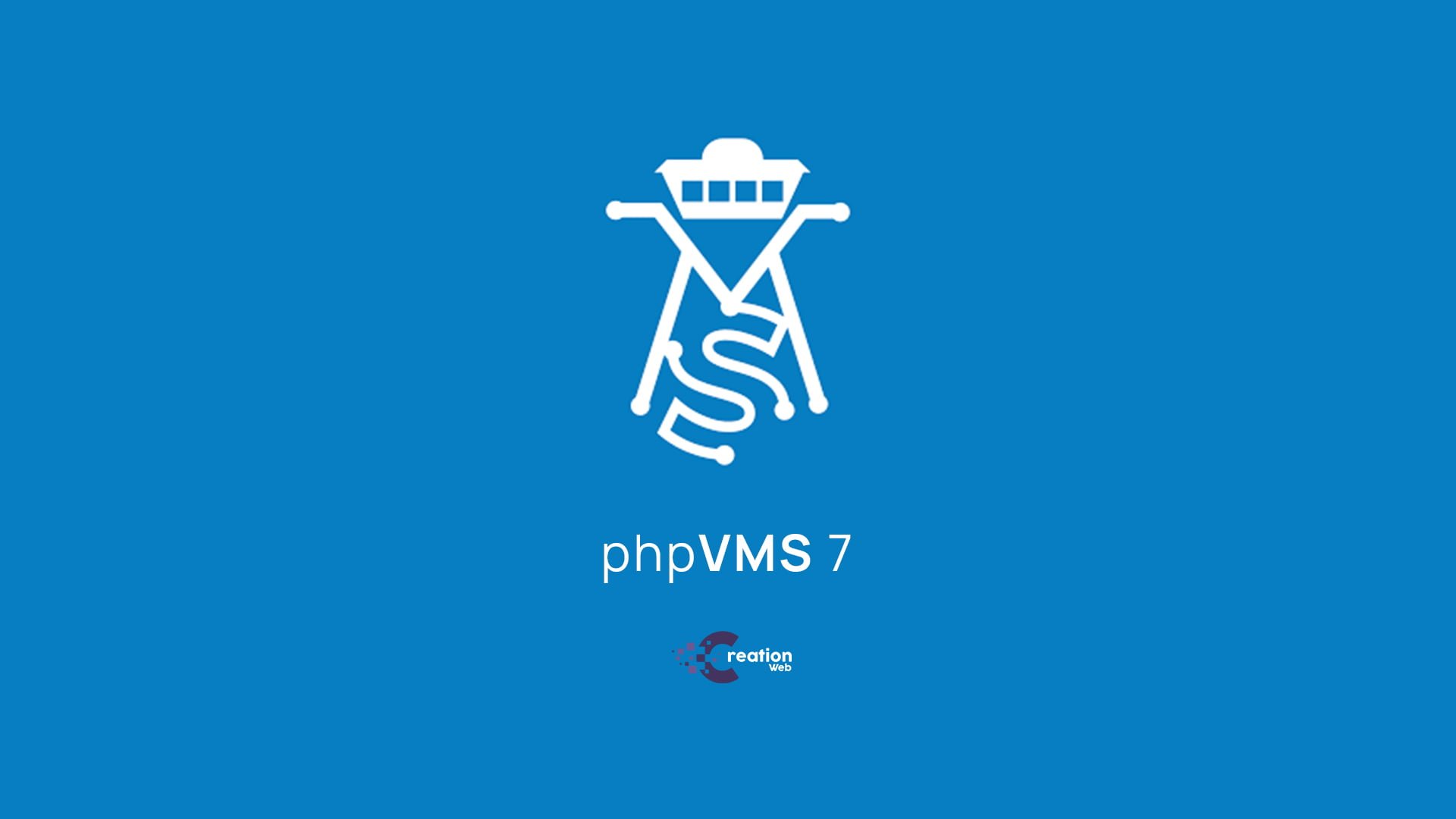PHPVMS 7 is a popular open-source platform for managing virtual airlines. While it provides a comprehensive range of features and functionality, it can be optimized to ensure better performance and faster loading times. In this essay, we will discuss some ways to optimize PHPVMS 7.
- Caching Caching is an effective way to optimize PHPVMS 7. By caching data, PHPVMS 7 can avoid redundant database queries and improve page load times. There are several types of caching mechanisms available, including file-based, in-memory, and database caching. A popular caching tool that can be used with PHPVMS 7 is Memcached.
- Database Optimization The database is one of the critical components of PHPVMS 7, and optimizing it can have a significant impact on performance. One way to optimize the database is by indexing the tables. By creating indexes on frequently queried columns, PHPVMS 7 can retrieve data faster. Additionally, regularly cleaning up unused tables and optimizing the database tables can also improve the overall performance.
- CDN A Content Delivery Network (CDN) can help optimize PHPVMS 7 by distributing static files across a network of servers. By using a CDN, static files such as images, CSS, and JavaScript can be cached in multiple locations worldwide, resulting in faster load times for users.
- Compression Another way to optimize PHPVMS 7 is by compressing the files sent to the client’s browser. Compression reduces the size of files, resulting in faster load times. Gzip compression is a popular compression method that can be used to optimize PHPVMS 7.
- Minification Minification is the process of removing unnecessary characters from files such as CSS and JavaScript. By removing comments, whitespace, and other unnecessary characters, the file size can be reduced, resulting in faster load times. Tools such as YUI Compressor and Google Closure Compiler can be used to minify CSS and JavaScript files.
- Upgrade PHP and MySQL versions Upgrading PHP and MySQL versions can help optimize PHPVMS 7. By upgrading to the latest versions, PHPVMS 7 can take advantage of the latest features and optimizations. It is essential to check that all the plugins and themes are compatible with the new versions before upgrading.
In conclusion, optimizing PHPVMS 7 is critical to ensure better performance and faster loading times. Caching, database optimization, using a CDN, compression, minification, and upgrading PHP and MySQL versions are some ways to optimize PHPVMS 7. By following these best practices, PHPVMS 7 can perform better, resulting in a better user experience.



